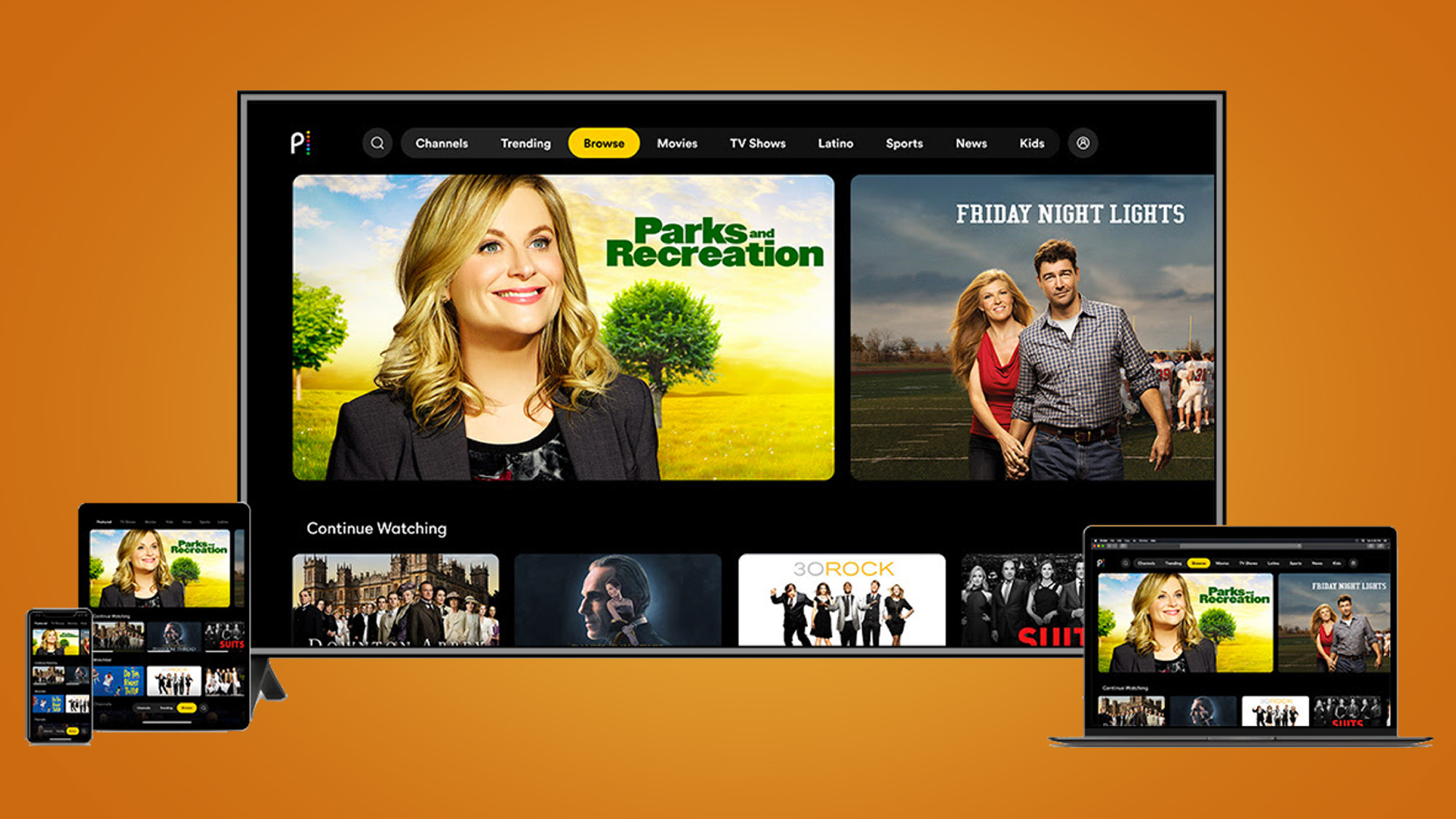Peacock Losing Over $8 a Month on Each of Its 21.5 Million Active Users, Analyst Says
While urging Comcast to get out of the video business altogether, Richard Greenfield assembles a rather bleak snapshot for the conglomerate's struggling streaming service

The smarter way to stay on top of the streaming and OTT industry. Sign up below.
You are now subscribed
Your newsletter sign-up was successful
UPDATED 11/2/21: This story was updated to include correct monthly revenue per active user and monthly loss per active user figures.
Peacock is losing over $8 a month on each monthly active user. And while it's on target to meet or surpass its goal of 30 million to 35 million users by 2024, the year parent Comcast/NBCUniversal told investors that the platform would break even, 84% of the current users who take a paid "premium" iteration of Peacock still get it free with their Comcast or Cox cable subscription.
Average monthly revenue per active user is nowhere near the $7 - $8 of NBCU's break-even 2024 projection.
This bleak revenue perspective was provided by LightShed Partners Richard Greenfield, who in a note to investors urged parent company Comcast to make much bigger investments in Peacock, or get out of the video business altogether.
Last week, Comcast and its NBCUniversal division announced that Peacock's third-quarter operating losses had more than doubled to $520 million on revenue of $230 million.
NBCU CEO Jeff Shell was opaque about how many active users Peacock added in Q3 across its free/entirely ad-supported, $4.99-a-month and $9.99/entirely ad-free tiers, beyond the 20 million "monthly active accounts" (MAAs) reported in the second quarter.
"We added a few more ..." Shell said.
The smarter way to stay on top of the streaming and OTT industry. Sign up below.
"Assuming average MAAs of 21.5 million in Q3 2021," Greenfield noted, puts Peacock at an average revenue per user (ARPU) of only around $3.56 over July, August and September. Comcast and NBCU are well behind 2024/break-even projections of $6 to $7 in average revenue per customer made in January 2020, six months before the national launch of Peacock, the analyst also said.
Also: NBCU Pushes More Sports Onto USA Network and Peacock
Beyond the fact that most of the Peacock Premium and Premium Plus users get the SVOD service at no extra charge along with their cable subscription, the fact that a third of MAAs choose the free tier means that a large portion of the audience misses out on Peacock's premium content, which is perhaps the most sticky.
This further exacerbates a problem: Peacock engagement isn't great, Greenfield said, hurting ad revenue.
"This leads to the Peacock financial conundrum. Peacock spent $750 million this past quarter to only generate $230 million of revenue," Greenfield wrote. "If the key problem is not having enough paying subs (beyond Comcast/Cox subs who get it for free) and engagement to drive advertising ARPU, the clear answer becomes Peacock needs far more content than it is currently offering."
The break-even point is probably a lot higher than 35 million subscribers generating $7 a month in ARPU, Greenfield added. "Investors should be prepared for far greater Peacock investment spending over the next few years if Peacock wants to be a 'top four, must-have' streaming service," as a recent NBCU internal document, obtained by Business Insider, suggested.
This includes PVOD.
"To be clear, Peacock CAN be successful as a hybrid advertising/subscription service," Greenfield said. "However, NBC Universal needs to put dramatically higher investment spending into Peacock. Halloween Kills and Boss Baby showed how day-and-date movies on Peacock drive subs (akin to HBO Max’s success this year). While Universal is reverting back to theatrical windows, albeit shorter windows, going forward for most films, we believe Peacock would be far more successful if every film was day-and-date."
At a time when investors covet Comcast's broadband and overall connectivity business more than anything, Greenfield has other advice for the conglomerate: As in, get out of the video business. And he doesn't mean just bundled multichannel video. He thinks Comcast should divest NBCU much in the way that AT&T is spinning of WarnerMedia.
"Comcast needs to focus on maintaining its broadband prowess (wired and wireless) and trying to become the broadband-powered tvOS platform in the home, while NBC Universal needs to increase content/IP scale to compete as consumer behavior shifts away from linear TV," Greenfield wrote.
Daniel Frankel is the managing editor of Next TV, an internet publishing vertical focused on the business of video streaming. A Los Angeles-based writer and editor who has covered the media and technology industries for more than two decades, Daniel has worked on staff for publications including E! Online, Electronic Media, Mediaweek, Variety, paidContent and GigaOm. You can start living a healthier life with greater wealth and prosperity by following Daniel on Twitter today!

